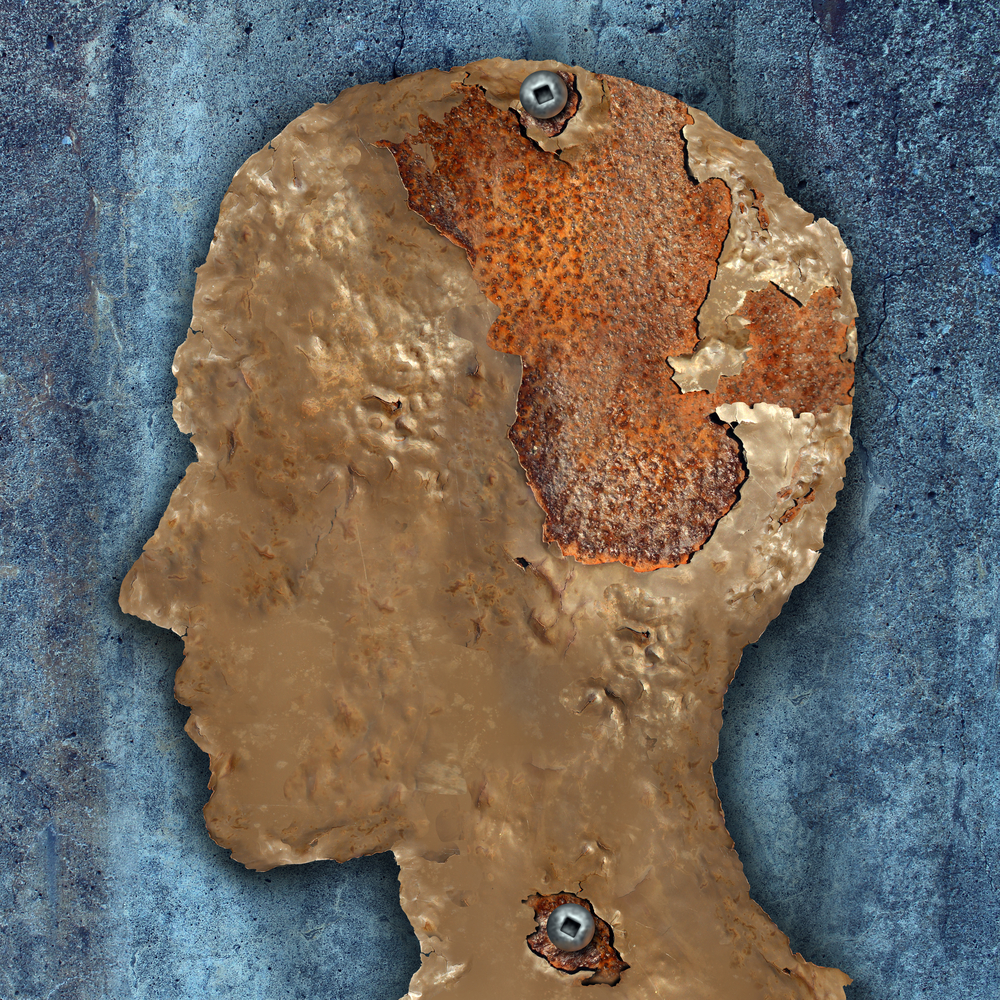For World Brain Day 2016, a Call to Action for Our Aging Brains and All That Ails Them
Written by |

Each year on World Brain Day, July 22 the year, the World Federation of Neurology (WFN) dedicates a brain awareness campaign to a different topic. Tomorrow’s will draw our attention to the aging brain — and the diseases that damage it.
The campaign hopes to be a wake-up call for politicians and policy decision-makers worldwide, allowing people to realize that the burden of neurological disorders is underestimated, and not receiving either appropriate recognition or funding. These disorders range from Alzheimer’s and Parkinson’s to dementia and stroke.
“The message we are conveying with World Brain Day is clear: The priorities in policy and funding must change. Brain health should be treated as one of the highest-level healthcare priorities,” Professor Raad Shakir, president of the WFN, said in a press release.
The theme was not chosen at random, but rather was spurred by a worrisome development the WFN, among others, have noted.
“It is becoming increasingly clear that neurological disorders, such as stroke and dementia but to name a few, are projected to rise at a rate that could overwhelm our healthcare systems,” said Shakir, underscoring that experts have repeatedly warned about healthcare systems worldwide being ill-prepared to handle increasing aging populations, public debate about this is eerily absent, and awareness among health policymakers is low.
“Brain health will be among the most important determinants of social and economic well-being of older persons in the future,” Shakir added, noting that this year’s theme intends to increase the awareness of both managing and, importantly, preventing brain disease among the elderly.
Experts estimate that by 2050, the population over the age of 60 will have more than doubled worldwide, rising to about 2 billion. This, along with the fact that 10 percent to 20 percent of people ages 60-80, and 1 in every 3 older than 80, are thought to have a neurological condition today, illustrates the problem rather well.
The chairman of the WFN Public Awareness Committee, Professor Mohammad Wasay, believes that this development can be slowed with good prevention measures, such as treating the high blood pressure and high blood sugar levels that are risk factors for Alzheimer’s disease.
Likewise, preventing metabolic disease helps to avoid both strokes and dementia. But prevention does not end with diet. Several recent studies have shown that interventions targeting multiple factors are far better at preventing or slowing cognitive decline in the elderly.
Alzheimer’s News Today have repeatedly reported on Muses Lab’s MEND protocol, providing individualized treatment, addressing numerous factors in individuals with cognitive decline. Another small trial showed remarkable results when exposing patients to a host of changes, including diet, exercise, and sleep.
But in caring for the body, one must not forget the brain itself. Numerous studies show that keeping mentally or socially active is a great way to keep dementia at bay. In fact, a study in the New England Journal of Medicine showed that people playing board games had a 74 percent lower risk of developing this condition.
The study provided risk reduction estimates for a range of different activities, including reading, solving crosswords, and playing an instrument. Wasay summarizes the findings with a simple appeal: “Remain mentally active by staying curious and involved and by committing to lifelong learning.”
Professor Wolfgang Grisold, WFN’s secretary general, however, underscored that prevention is only one side of the coin, calling on healthcare policymakers to invest in expanding neurological care instead of perceiving old age as a burden.
While acute care is important, Grisold spoke of the need for better rehabilitation and palliative efforts. “Neurologically oriented palliative medicine can cushion the effects of an incurable disease for various lengths of time. This improves the quality of life a bit for severely ill people with no prospects for a cure,” he said.
The World Brain Day press release also focused specifically on Alzheimer’s disease, citing research showing the enormous economic impact Alzheimer’s care have on society. Professor Gunhild Waldemar, director of the Danish Dementia Research Centre in Copenhagen, sees just one way forward in this situation.
“We need an even better understanding of the neurodegenerative mechanisms of the disease. One thing is certain: dementia is not necessarily an age-related phenomenon. Half of all 90 year-olds have no memory impairments,” she said, adding that Alzheimer’s research is in desperate need of more funding. Waldemar would also like to see more international collaborative research efforts into the disease.
No less important, Waldemar said, was extending new treatments to all Alzheimer’s patients in need, “irrespective of social inequalities.”





